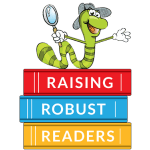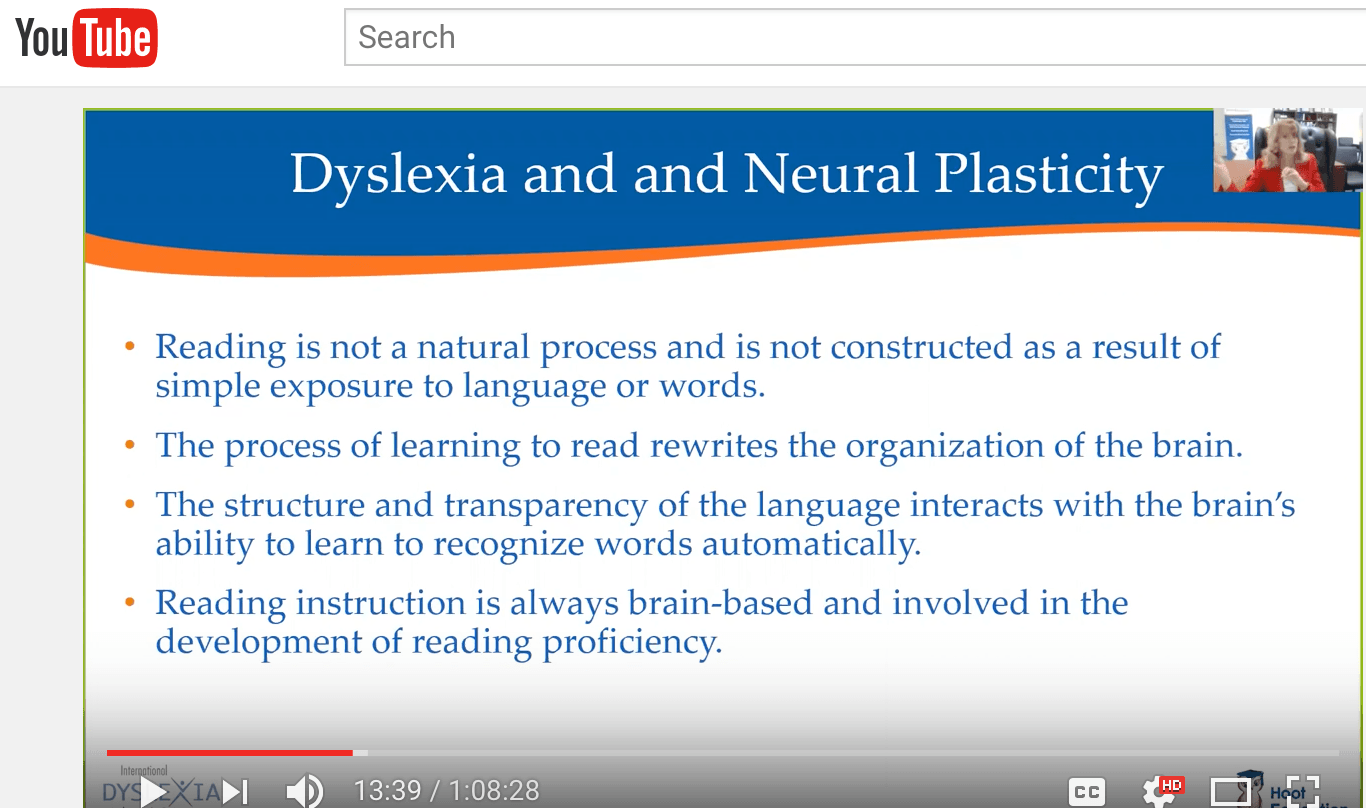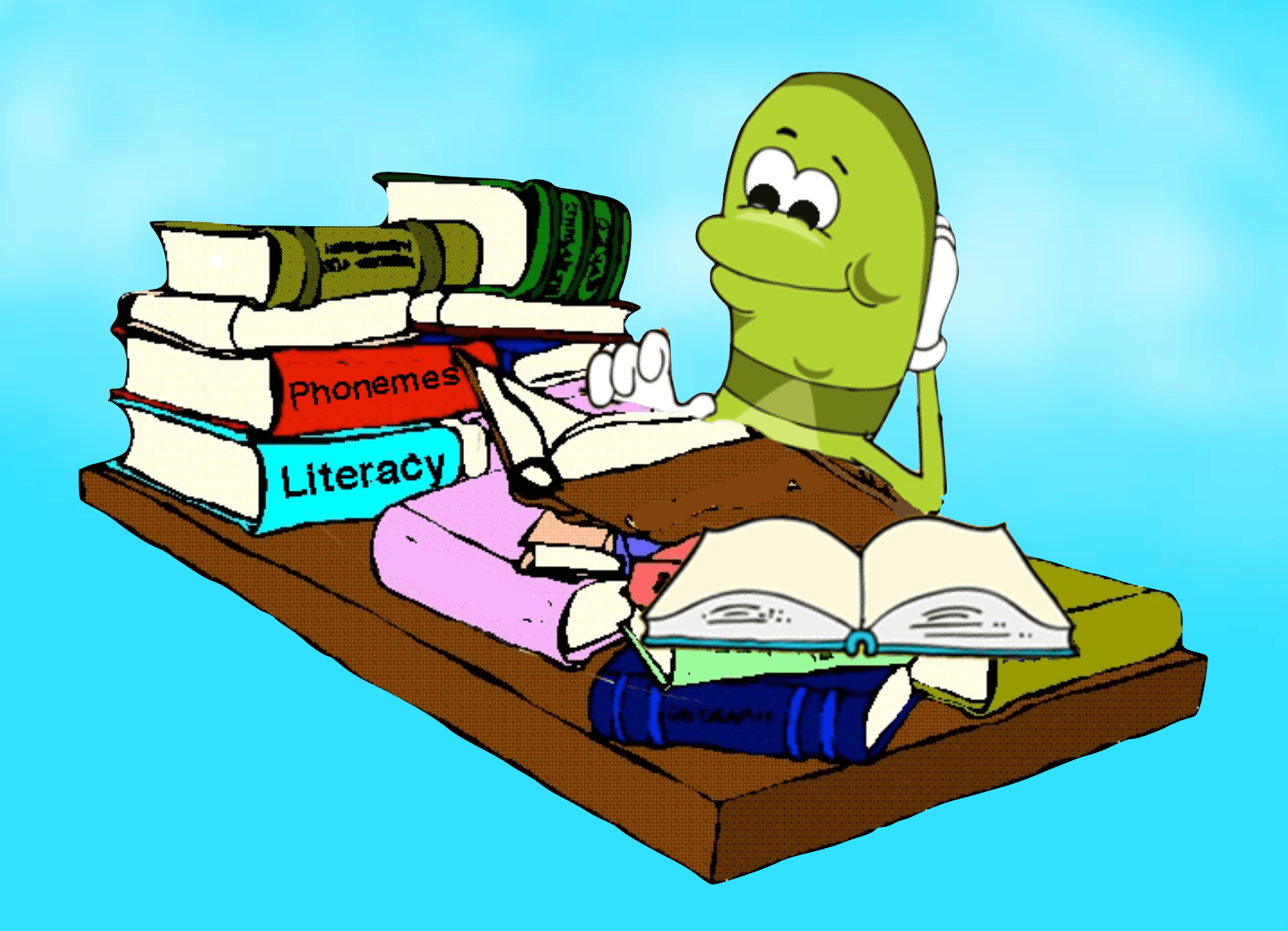
Articles and Research
What is Dyslexia?
Dyslexia is characterized by difficulties with word recognition and fluency as well as poor spelling and decoding skills. It affects 1 in 5 people.
Individuals with dyslexia frequently respond successfully with intensive intervention using multi-sensory decoding skills that breaks reading down to sounds, syllables and spelling rules.
Here is a great TED Ed video on Dyslexia by Kelli Sandman-Hurley
Curing Dyslexia: What is Possible?
by Dr. Patricia Mathes
The recent webinar, "Curing Dyslexia: What is Possible?," by Dr. Patricia Mathes, PHD, is well worth watching if you have a child with dyslexia or suspect that your child may be dyslexic. New brain research, and interventions are discussed with positive outcomes. You can view it on You Tube by selecting the picture below.
Click picture to watch video.
"The Backwards Brain Bicycle" (**** A Favorite)
"The Backwards Brain Bicycle"
from Smarter Every Day

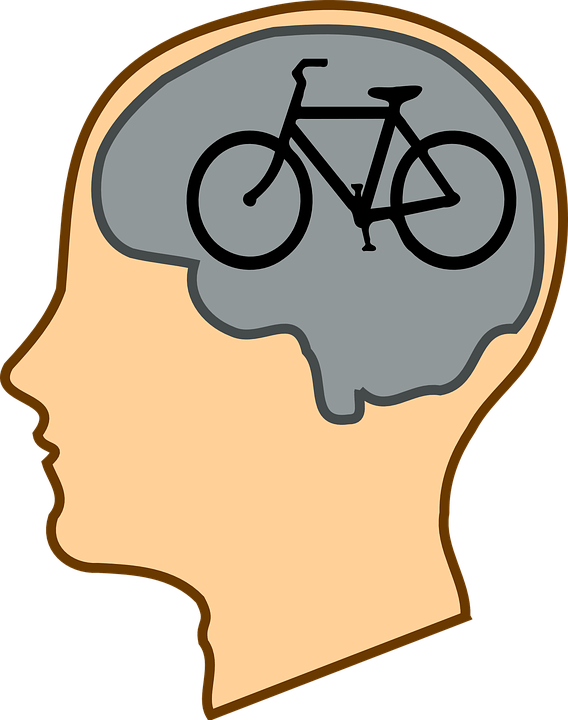
This You Tube video, The Backwards Brain Bicycle from Smarter Every Day, is one of my favorites. After attempting to ride a "backwards bicycle," this Smarter Every Day Engineer discovered something new about knowledge, the brain and children. It is both informative and hilarious.
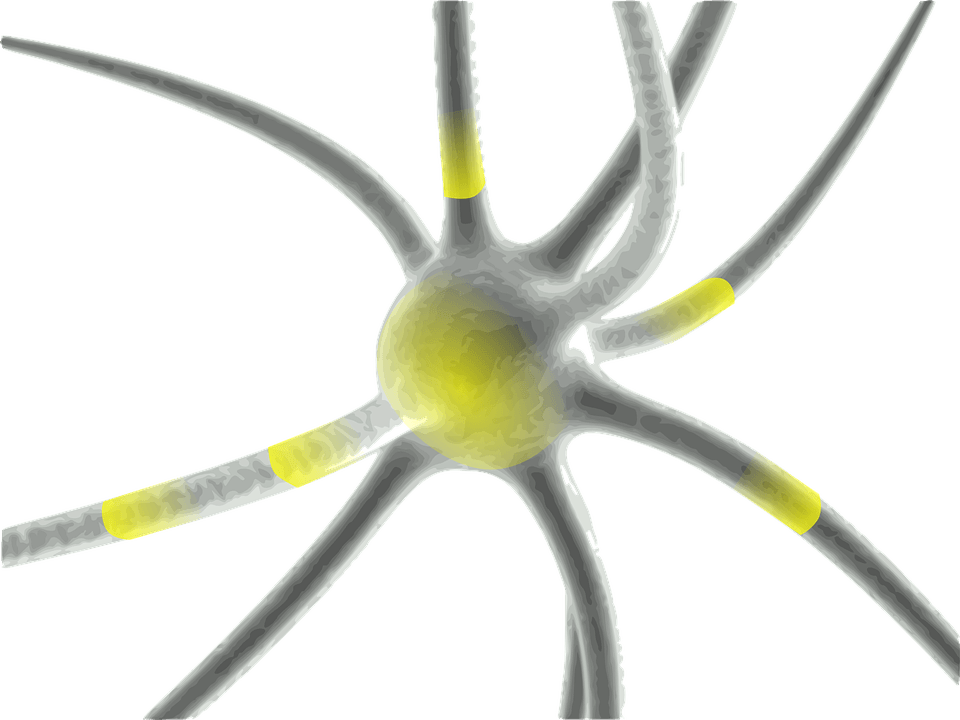
After the chuckle I got from watching the Backwards Bicycle, I decided to read up on Neuroplasticity. It appears that not only can we rewire our brain, we can also change our habits. I think I will try it with my diet.
NEUROPLASTICITY: REWIRING YOUR BRAIN FOR OPTIMAL LEARNING by Kyle Pearce is a fascinating read.
Different Teaching Methods Affect Reading Development
According to an article by May Wong in the Stanford News, "Beginning readers who focus on letter-sound relationships, or phonics, instead of trying to learn whole words, increase activity in the area of their brains best wired for reading,"
Click here to read more of the results of this Stanford Study by Professor Bruce McCandliss.
Dyslexia can be overcome with nursery rhymes and music...
Dyslexia can be overcome with nursery rhymes and music, says Cambridge professor
By Shara Knapton, Science Editor, The Telegraph
According to Usha Goswami, a leading neuroscientist at Cambridge, children can overcome dyslexia by learning nursery rhymes, singing and dancing.
“All kinds of rhythmic experiences can be helpful, nursery rhymes, dancing and music as long as the beat is matched to language.” She even suggests remediation begins before children start school.
Read the entire article here.
Super Wordy can come to the rescue. All of his phonograms are taught to nursery rhyme tunes. For example, sing the sounds of letter "i" to "Twinkle, Twinkle, Little Star;"
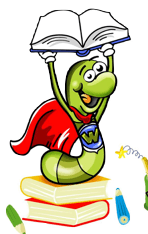
You can read Prof Goswami's Complete Report here
Sight Words
Dyslexia is characterized by difficulties with word recognition and fluency as well as poor spelling and decoding skills. It affects 1 in 5 people.
Individuals with dyslexia frequently respond successfully with intensive intervention using multi-sensory decoding skills that breaks reading down to sounds, syllables and spelling rules.
Here is a great TED Ed video on Dyslexia by Kelli Sandman-Hurley
RESOURCES
The Gardiner Scholarship - Step-Up For Students
The Gardiner Scholarship
Step Up For Students
Wordy Worm@ Reading is an approved provider for the Gardiner Scholarship-Step Up for Students.
We are passing on this information for our families who have children with special needs. We have a number of families who have used the Gardiner Scholarship money for our Wordy Worm Reading products. This is an extraordinary way for families to purchase our Raising Robust Readers Premier Digital Program.
This scholarship is for Florida students with special needs ages 3 through 12th grade or age 22, whichever comes first.
"Parents can use the account to pay for a variety of approved services and materials. These may include tuition and fees at an eligible private school, an eligible postsecondary institution or those associated with home education programs, applied behavior analysis services and a variety of therapies, private full-time and part-time tutoring, virtual programs or online courses, exam fees, contract services from school districts, contributions to the Florida prepaid and 529 college savings plans, instructional material, curriculum, transition services and services provided by VPK providers and school readiness providers. "
For more information visit Step Up For Students at StepUpForStudents.org
Special Education Advocacy - Wrights Law
Wrights Law
If you have questions about IEPas and Special Education advocacy and strategies, Wirghtlaw has thousands of articles and free resources to help you.
To learn more visit www.Wrightslaw/com.
Eye Exercises
EYE Can Learn
http://eyecanlearn.com/tracking/fixation/
